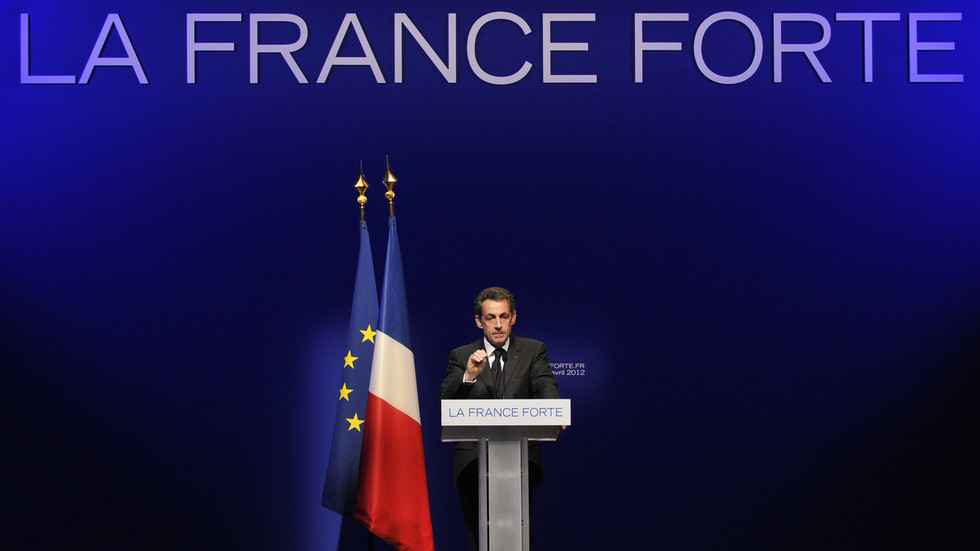Former French President Nicolas Sarkozy has been found guilty in a corruption case and sentenced to five years in prison. The case involves millions of euros in illicit funds from the late Libyan leader Gaddafi, which were used to finance Sarkozy’s campaign. While the conviction is seen as justified, it has sparked concerns about the deeper implications for France.
Sarkozy’s presidency was marred by corruption scandals, and his policies had significant consequences for the country. He played a leading role in the destruction of Libya, which contributed to the migration crisis in Europe. Additionally, he oversaw the adoption of the Treaty of Lisbon, a move that was widely criticized by the French people. His policies also led to an increase in immigration and the weakening of public services, including hospitals and the national electric company, EDF.
Despite his controversial legacy, Sarkozy is a well-connected politician with a career spanning several decades. His network of contacts and reputation in international diplomacy are valuable assets for France. However, his conviction and potential imprisonment have raised questions about the country’s democratic system and the role of the judiciary.
The French authorities’ handling of the case has been criticized, with some arguing that it highlights the country’s struggles with corruption and incompetence. In contrast, other countries, such as Italy, have taken a more pragmatic approach to dealing with high-profile corruption cases, often finding alternative solutions to imprisonment.
The significance of Sarkozy’s conviction extends beyond his individual case, as it reflects the broader challenges facing France’s democratic system. The country’s reputation and diplomatic influence are at stake, and the outcome of this case may have far-reaching consequences for France’s position on the global stage. As the situation unfolds, it remains to be seen whether current President Emmanuel Macron will intervene or allow the judicial process to run its course.
